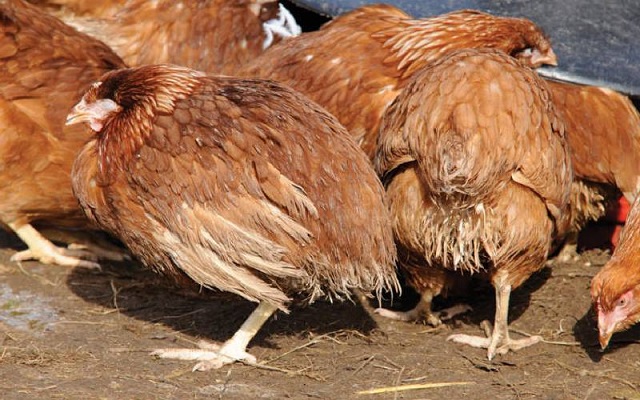Liberia’s poultry sector is facing a severe crisis as a new outbreak of Newcastle disease—locally known as “chicken sickness”—sweeps across all 15 counties. This highly contagious viral infection is devastating both smallholder and commercial farms, threatening national food security and the livelihoods of rural communities that depend heavily on poultry for income and nutrition.
According to Roland Varkpeh, Director of Animal Production at the Ministry of Agriculture, the outbreak is now being treated as a national emergency. Speaking on May 1 during a workshop on the National Poverty Strategy at the Central Agricultural Research Institute (CARI) in Suakoko District, Varkpeh confirmed that the Ministry, in collaboration with the Food and Agriculture Organization (FAO) and the One Health Platform, has conducted widespread investigations into poultry deaths across the country. Laboratory tests confirmed Newcastle disease as the primary cause.
Newcastle disease is known for its rapid spread and deadly symptoms, including respiratory distress, neurological issues, and sudden death. The virus thrives in areas with poor biosecurity and limited veterinary access—conditions prevalent in many parts of Liberia. The rainy season further aggravates the situation by creating ideal conditions for the virus to spread. Similar outbreaks are also being reported in neighboring West African countries such as Côte d’Ivoire, Guinea, Sierra Leone, and Nigeria.
The impact of the disease varies depending on factors such as bird species, flock size, vaccination history, and feed quality. In rural areas, where poultry is often raised under traditional systems with minimal veterinary oversight, the losses are catastrophic. Entire flocks have been wiped out, and commercial farms are reporting heavy financial losses.
In response, the Ministry of Agriculture has launched an emergency action plan in partnership with FAO, ECOWAS, and the One Health Platform. Key initiatives include rapid field assessments, laboratory testing, mass vaccination campaigns, and community education. Local animal health workers have been trained to offer frontline support in affected areas.
Varkpeh emphasized the critical role of vaccination and urged farmers to participate in government-led programs. He also highlighted the ECOWAS Livestock Mobility Initiative, which seeks to regulate cross-border livestock movement, strengthen surveillance, and reduce the spread of diseases.
Despite these efforts, several obstacles remain. Many rural communities lack access to affordable vaccines and cold storage. There is also a shortage of trained veterinary staff, poor infrastructure, and limited awareness of poultry diseases. Climate change and erratic weather patterns are making disease control even more difficult.
Still, progress is being made in some regions. Counties such as Bong, Margibi, and Nimba are seeing improved outcomes thanks to coordinated interventions. Over 100 animal health officers have been trained, and community-based veterinary networks have been established in every county. Access to improved poultry breeds and locally produced feed is also gradually increasing.
The Ministry is calling on poultry farmers to remain vigilant, report any signs of disease, and collaborate closely with veterinary teams. Officials stress that long-term success will depend on sustained investment in disease monitoring, public education, and nationwide vaccine distribution. Strengthening the poultry industry, they say, is essential not only for protecting livelihoods but also for securing Liberia’s food future.



